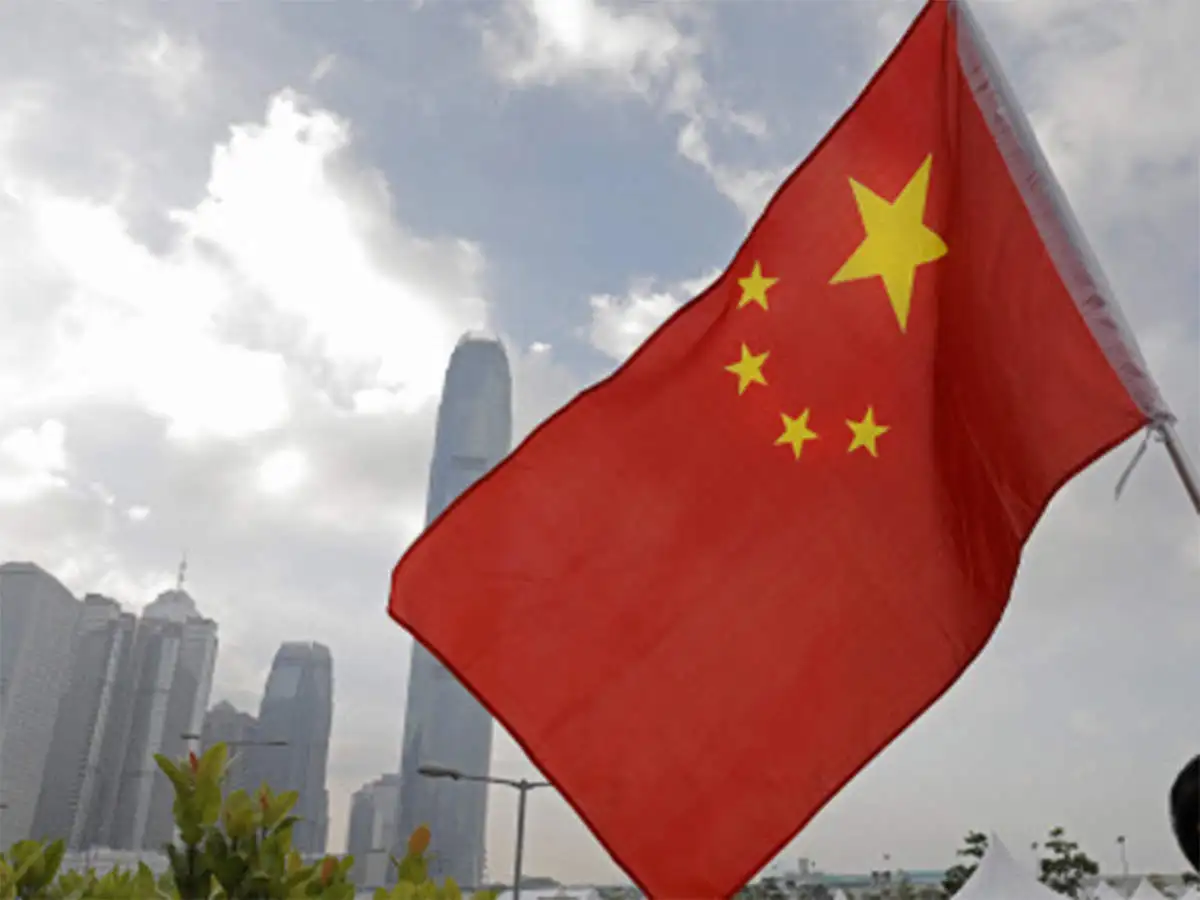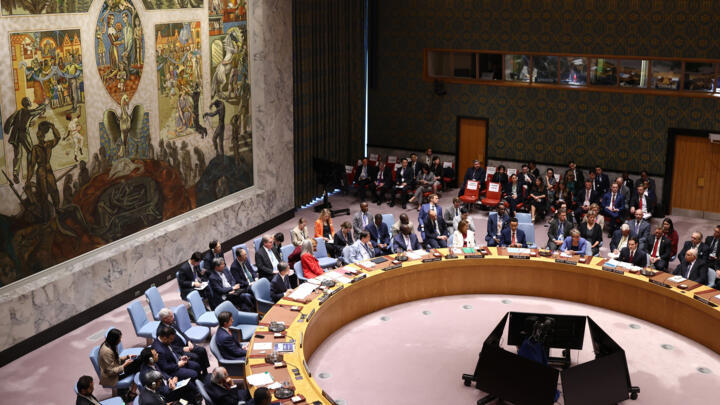Experts Question Albania’s AI-Generated Minister’s Effectiveness

Albania has introduced “Diella,” an AI-generated virtual minister, to oversee public tenders. Prime Minister Edi Rama claims Diella will eliminate corruption in government contracts. He said the AI minister “never sleeps” and has no personal interests or biases. Albania ranks 80th out of 180 countries in Transparency International’s corruption index. The move aims to help the country join the European Union by improving transparency.
However, experts question whether Diella can truly be incorruptible. AI depends heavily on the quality and accuracy of input data, they say. If the data is biased or incomplete, the AI’s decisions will be flawed. Digital expert Erjon Curraj warned that Diella might misinterpret documents or miss collusion signs. AI specialist Jean-Gabriel Ganascia added that machines inherit human biases and cannot solve corruption alone.
The appointment raises serious concerns about accountability and control. The Albanian opposition asked the Constitutional Court to review who is responsible for Diella’s decisions. Opposition leader Sali Berisha questioned who will monitor the AI’s actions. Ganascia warned that relying on machines for governance removes accountability and public debate. A recent decree states Prime Minister Rama holds responsibility for Diella’s operation.
The AI minister’s introduction received global media attention, but questions remain. Diella’s face is based on actress Anila Bisha, whose image rights expire in December. Critics doubt whether the initiative will survive legal and constitutional challenges. The AI system’s inner workings remain secret, making transparency difficult. Albanian political scientist Lutfi Dervishi said the AI could simply legitimize old corruption with new technology.
Overall, Albania’s AI minister reflects a bold but uncertain experiment. While it promises to fight corruption, real success depends on data quality and oversight. The government must address ethical, legal, and technical challenges before the system can gain trust. Albania hopes this move will help its EU accession but faces a long road ahead. The project highlights the complex role of AI in governance worldwide.


















